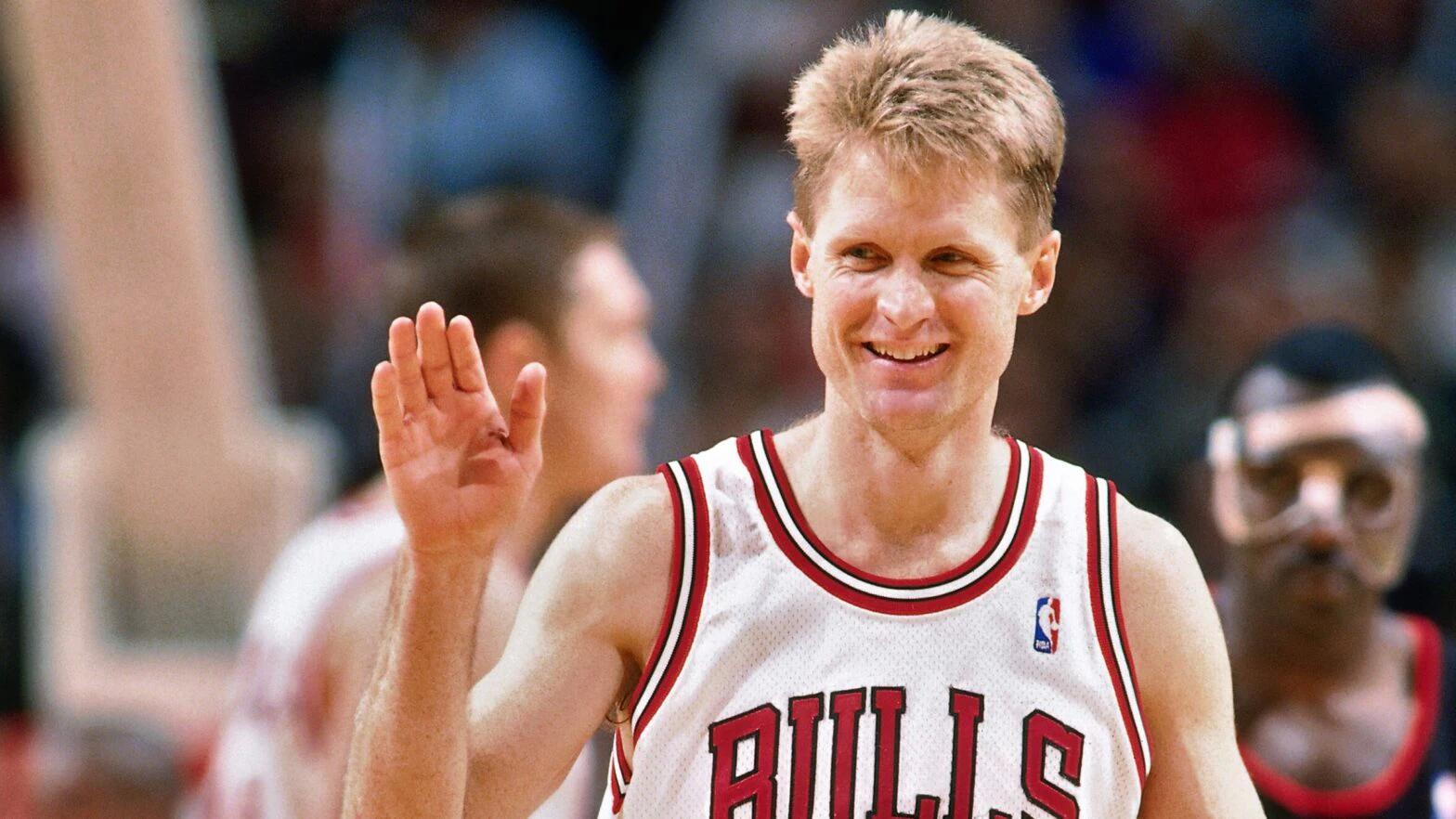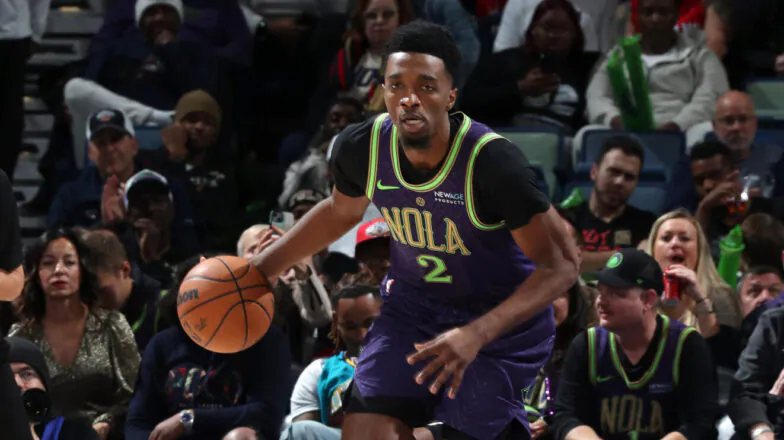Ramping Up: How can the Celtics surpass last season's success?
Last season, the Boston Celtics had an exceptional campaign in the NBA. They not only set a new NBA record for offensive rating but also finished tied for the third-best net rating in history. Additionally, they ranked in the top five all-time for scoring differential, showcasing their dominance on both ends of the court.
But let’s get greedy. How can the Celtics take another step forward during the 2024-25 season? For the 12th installment of our Ramp to Camp series, that’s the question we posed to our NBC Sports Boston panel: What’s one way this team can get even better?
(Check out our full Ramp to Camp series here.)
Here’s maybe a better question: Where do you even begin to nitpick?

The Celtics posted 17 wins of 25 points or more, meaning 20 percent of their games were complete blowouts. They finished 14 games ahead of their closest rival in the East. They steamrolled through the playoffs, never even seeing a Game 6 along the way.
The Celtics occasionally lost their way against an inferior opponent (that loss to the shorthanded Lakers on February 1 still nags us) and yet they never lost more than two games in a row, and even that only happened four times all season.
Our panel leaned heavily into Boston’s late-game shot selection, and we’d love to stomp our feet about settling for poor shots. But Boston posted an absurd +46.9 net rating in 24 minutes of postseason clutch time and was a perfect 6-0 in those games. This team seemingly learned from its regular-season missteps and had a knack for big-time plays in big-time moments (right, Pacers?)
So here’s the best we can come up with: There is another level these math-loving Celtics can go to with their late-quarter execution. The Celtics did an excellent job in generating 3-for-2 and 2-for-1 possessions over the final minute of quarters, but it feels like shot quality was not fully maximized.
Maybe that doesn’t matter. The analytics suggest that just creating those opportunities is most important. But having everyone on the same page knowing exactly the sort of shots the team will want to create over the final 65 seconds of a quarter could go a long way to making the Celtics offense even more efficient.
(That sounds insane considering they just posted the most efficient season in NBA history, but we said the goal here was to be greedy.)
Here's what our panel yearns to see:
John Tomase, ColumnistI have a theory and it's that Jaylen Brown's tying 3-pointer in Game 1 against Indy flipped the switch. The Celtics frequently look discombobulated in close and late situations, but now they're the champs. There's nothing they haven't seen, so play like it with the game on the line.
Tom Giles, Multi-platform hostHard to complain about much, but maybe complacency? There were times where we saw the Celtics let their foot off the gas -- and what team doesn’t? -- but if they can limit those moments, they'll be an absolute machine.
Darren Hartwell, Managing EditorBetter crunch-time offense. Yes, the Celtics were 21-12 in "clutch" games last season (score within five inside the final five minutes) and 6-0 in the playoffs. But if we have to nitpick, we want to see better ball movement during late-game possessions and fewer contested fadeaways from Jayson Tatum and Jaylen Brown.
Nick Goss, Web ProducerBench scoring. In fairness, the Celtics don't need their bench to be prolific offensively because they have arguably the best starting five in the league. That said, the C's ranked 26th in bench scoring last season.
Payton Pritchard is capable of taking another step (or two) forward in his development. Lonnie Walker IV can get hot offensively, assuming he's healthy and makes the team. Rookie Baylor Scheierman is a very good outside shooter. There are reasons to believe the second unit can give Boston a little more scoring this season, which would be helpful because the starters shouldn't be playing too many minutes.
Justin Leger, Web ProducerLess ISO ball in clutch time. Pick up the pace and move the ball. The Celtics were outstanding in pretty much every statistical category last season, but their slower pace late in the fourth quarter and overtime was often mind-boggling.
Kevin Miller, VP, ContentI still think end-of-clock situations can improve. Use the depth of the team as more of an advantage in those situations.
RELATED STORIES






LATEST NEWS







